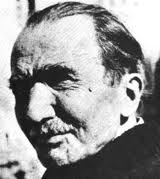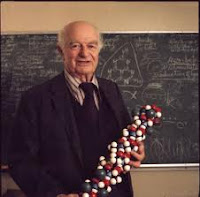 |
| Self-Portrait (1887) |
Dutch Painter
1853 - 1890
Do you have a passion for learning? Have you read a book in the last month? Or are you, as some people tell me, too busy to find time to read? If you read one book a month you are in the top one percent of the population. Van Gogh was a lifelong learner. If you are interested in seeing some of the 29 books I have read in 2010, check out my list on Goodreads.com.
http://www.goodreads.com/review/list/2103162-harley?shelf=read-2010
Learning does not just come from books. You can learn a lot listening to the people you come in contact with. In the last couple of airplane flights I have had the privilege to engage in conversation with two interesting people. One was a minister who has spent 15 years in Japan. We shared a love of Japanese culture. The other was a recent college graduate who found a job within a month of graduating which given the state of the economy was an amazing feat. People from other walks of life can teach you a lot. Do you limit yourself to communicating only with people you know? Or do you seek out interesting people and learn from them?
Don't limit yourself to just learning about your field of interest. Explore new topics. If you are an artist, you should know everything you can about art, but you should also explore other areas of interest. Take seminars and workshops. Listen to audio books.
Here is one of my favorite Van Gogh paintings.
 |
| Potato Eaters (1885) |
In one of his letters, Van Gogh described this painting: "I have tried to make it clear how those people, eating their potatoes under the lamplight, have dug the earth with those very hands they put in their dish, and so it speaks of manual labor, and how they have honestly earned their food."





























